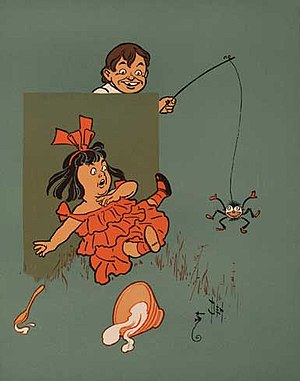Self-Care Tip #178 – Find your courage and answer to stigma.
Something as simple as taking pills can sabotage us. The act of putting it in our mouths signifies all sorts of things from religion, to freedom, to personal identity and beyond; even someone who is trustworthy versus not. Pill – take away her children. No pill – could be president. Pill – discredit whatever he says. No pill – worth listening to.
Martha is a mother of four lovely girls. Her husband is divorcing her and she wonders what he will do in the process. She’s been depressed in the past and anxious with a history of panic attacks. She took two years to get over them using breathing exercises and other therapies. She didn’t use medication. I don’t need to tell you what her husband thought of meds or of her during that time. It was a miserable time for her.
Now, during this new stressful time, she has relapsed in mood and anxiety problems and is terrified that if her husband finds out, he’ll take the kids. Martha sees mental illness as a bullying tool for anyone to dump her over. Little Miss Muffet is a story she often has compared to her situation. The spider is the mental illness she feels is dangled over her to her demise. Martha is bullied and scared away.
Taking pills makes me feel like I’m crazy!
Note: it’s a type of crazy she interprets as being something different from the crazy of mental illness. For Martha, the crazy that comes with medication therapy is more sinister and discrediting than the worst experience of terror any of us have ever gone through, i.e. panic attacks.
Every day, we who take medication for emotional illness have to answer to those accusations. We contend with the fingers pointing our way, the jeering in our memory of loved ones and the boxed presumptions we find ourselves in.
This may sound a little dramatic to some out there, although familiar. To others, it is an understatement of what they courageously confront to take care of themselves. Each of us must come up with our own answers and find our own courage.
Martha finally decided on medication treatment and within two days she was amazed to find that she could eat without throwing up and no longer felt anxious. She still insisted that taking medication was only temporary but getting a pill dispenser had helped her get past some of her daily battle with stigma. She just opened the lid and poured the pills into her palm, threw them back and swallowed without looking. Martha found it easier not to dispense each pill each day out of each bottle. It was also easier for her to keep this information secure in the confines of our office. For Martha, for now, this was how she answered.
Question: How do you answer to stigma? How do you maintain your sense of freedom when other forces tell you that you are not free? Please tell me your story.
Related Articles
- Accolades Without Honor (psychologytoday.com)
- Panic Attacks (reachingforpink.wordpress.com)
- Personal Identity: Form and Content meet (beyondanomie.wordpress.com)

